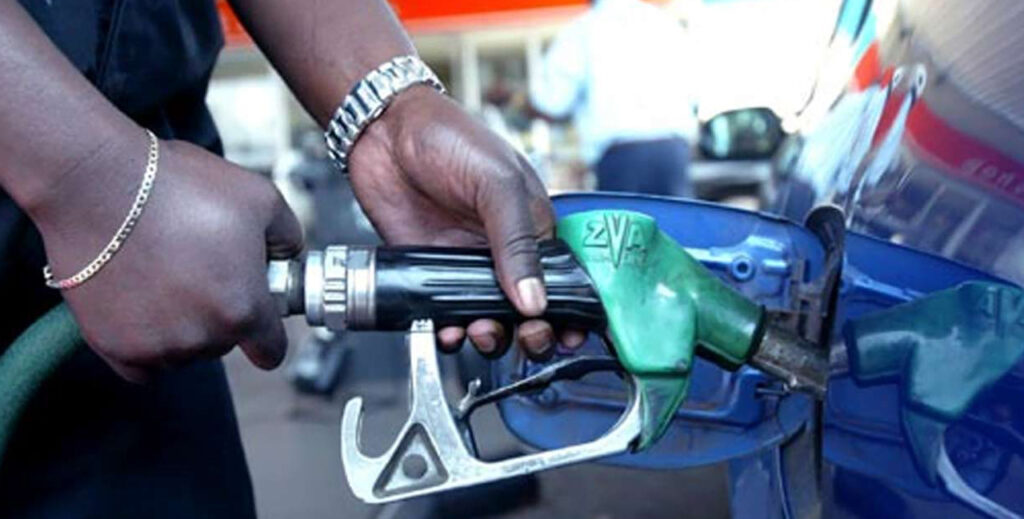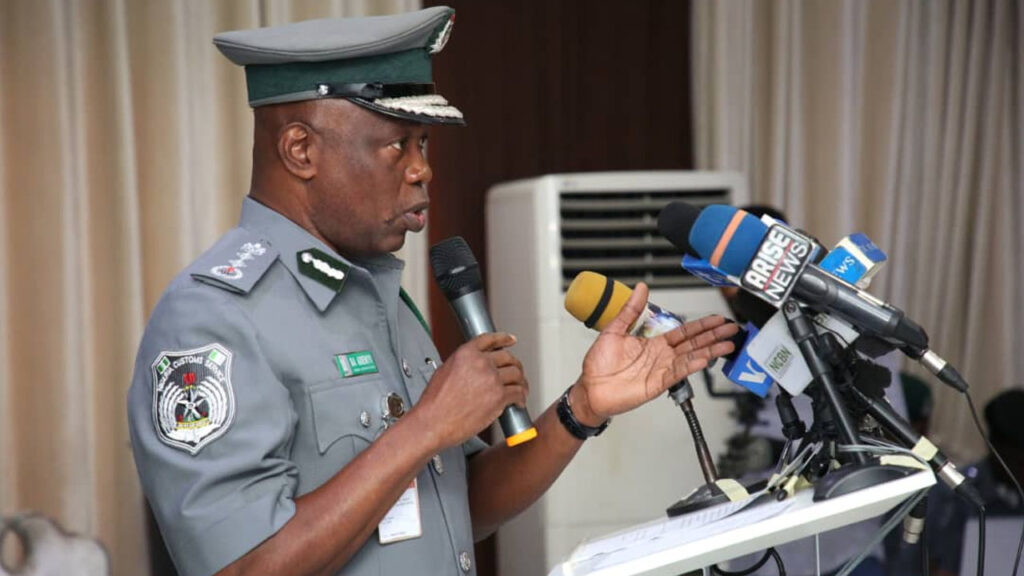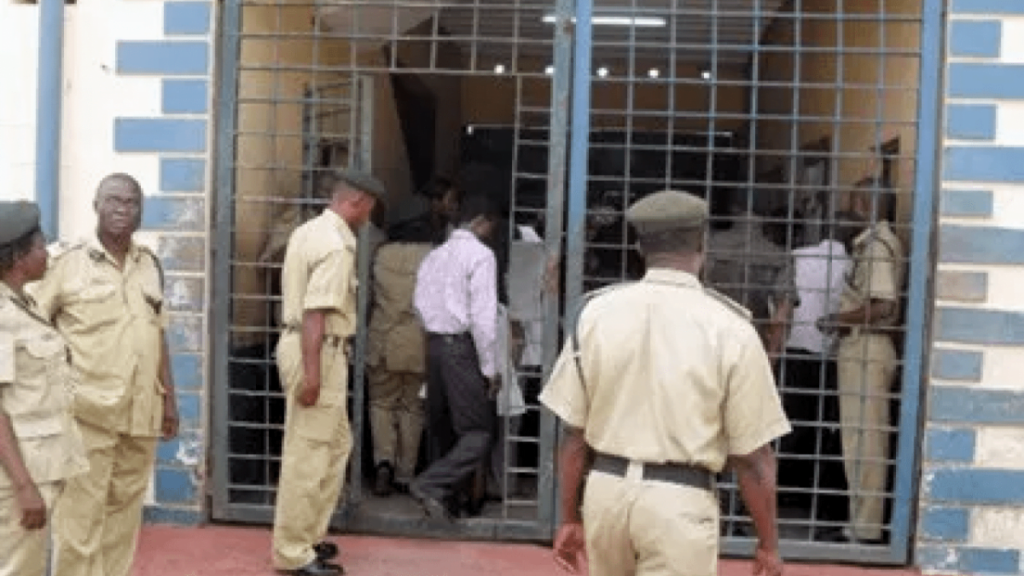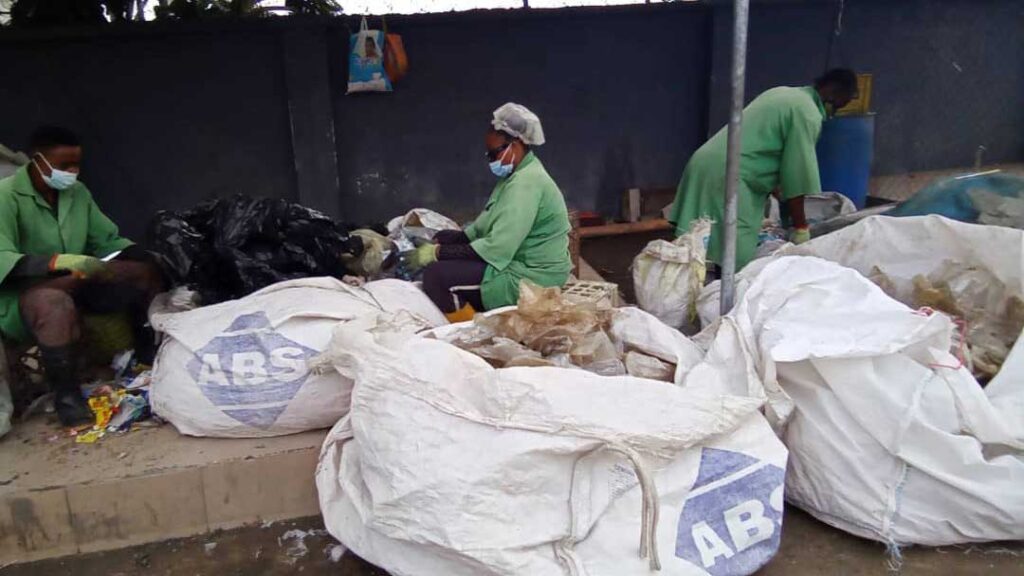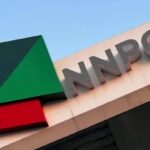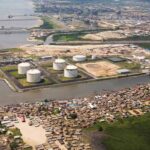
SIR: Asiwaju Ahmed Bola Tinubu promises to be one of Nigeria’s more courageous elected leaders. Emerging evidence points in that direction. His predecessors had fought shy of the twin contagions, among others, plaguing the Nigerian economy for decades; viz: subsidy on petroleum products, and the naira exchange rate. The minty president had barely assumed office when he decisively bid farewell to the dreaded “subsidy” and subsequently floated the Naira. This is a welcome change.
The removal of subsidy on petroleum products can hardly be faulted for the obvious duplicity of the claim. None of the reasons which have been advanced for fuel subsidy could stand up to close scrutiny.
For example, Nigerian National Petroleum Company Limited (NNPCL), presently the sole importer of petroleum products into Nigeria couldn’t ascertain the quantities and qualities (Q and Q) of her importations, this is a huge joke.
Here is the joke: under the Domestic Market Obligations (DMO) clause of Nigeria’s Production Sharing Agreement (PSA) with the International Oil Companies (IOCs), the crude oil earmarked for producing products for the Nigerian market is fully subsidized (discounted). So, for anyone to be talking about another discount (subsidy) post-refining is nothing short of a joke. We had dedicated an article to that effect: Examine fuel subsidy claims closely.
(The relevant committees in the National Assembly have not done the necessary investigatory work on this vexed topic). So, well done Mr. President on the fuel subsidy matter.
However, we strongly disagree with the idea of floating the naira at this time. Nigeria is a fledgling economy with absolutely noelastic forex earners at this time to permit of massive devaluations, or exposure of the national currency to the vagaries of market forces.(See Naira devaluation: a precipate step; and Naira cannot appreciate under market forces). As those articles made clear, currency speculators and rent-collectors would always be the only net-beneficiaries of currency devaluations in Nigeria’s present industrial status.
Upon the heels of the 1986 Structural Adjustment Programme (SAP), of which currency devaluation was a principal component, the real sector, meaning the manufacturing sector, steeply declined, while the financial services sector, primarily the Banks, bloated. That unfortunate trajectory continues to this day.
A fledgling nation must necessarily jealously protect her currency. That remains our argument. Nigeria must first fully install the critical infrastructure for competitive industrial production before exposing her national currency to the vagaries of market forces.Therefore, floating the naira at this time is rather precipitate, our financial authorities are advised to urgently review that policy.
The Ministry of Finance in general, and the Apex Bank in particular should undertake a comprehensive examination of the practices of commercial banks more so in relation to forex transactions.Lastly, notwithstanding the unfurling economic hardship across Nigeria, we are unwaveringly of one mind with those who think of Nigeria as a multi-trillion dollar economy in the near future. Nigeria has all the necessary components to make the ranking, but first, she must make the right choices and policies.
• Godwin Afam Nkemdiche, an engineering consultant, resides in Abuja.

